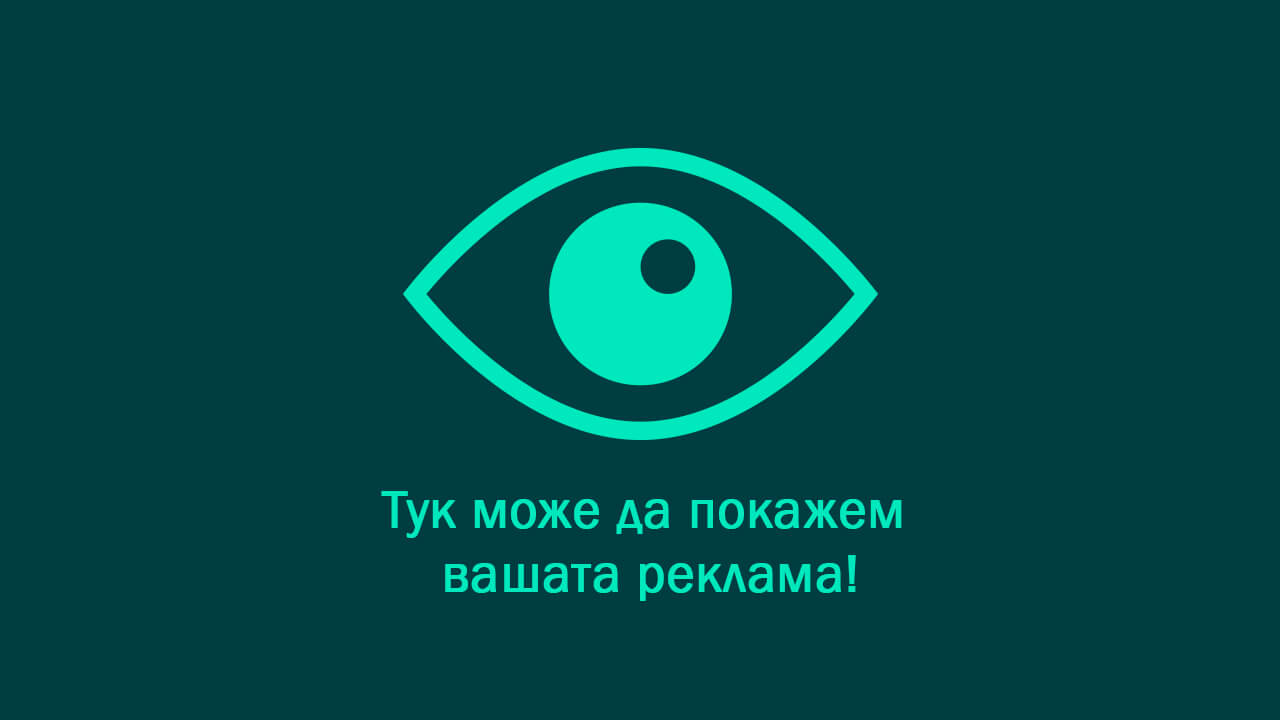Bell’s palsy is a medical condition that causes a (mostly temporary) weakness and/or paralysis of the facial muscles, that occurs when the nerve controlling the muscles of the face are inflamed, swollen and/or compressed. Bell’s palsy is named after Scottish anatomist Charles Bell. He was the first to describe the condition.
The Bell’s condition causes one side of the face to droop and sometimes become stiff. Patients may have difficulty moving, smiling or closing the eye on the affected side. Bell’s palsy is usually temporary and symptoms usually go away in a few weeks period.
Bell’s palsy can occur at any age.
However, the condition is common among patients aged 16 to 60.
Symptoms
What Are the Symptoms of Bell’s Palsy?
Symptoms can develop one to two weeks after a cold or infection (i.e. ear or eye infection) and usually appear abruptly. Bell’s palsy usually comes with major droopy appearance on the affected side of the face. and the inability to open or close your eye on the affected side. In rare cases, Bell’s palsy may affect both sides of the face.
Among the major signs and symptoms of Bell’s palsy are:
• drooling of the face
• difficulty while eating and drinking
• inability to make facial expressions (smiling, frowning)
• overall facial weakness
• facial muscle twitches
• dry eye
• dry mouth
• headaches
• raised sensitivity to sounds
See a medical professional immediately if you develop any of these symptoms.
Bell’s palsy symptoms can be very similar to other serious conditions, i.e stroke or brain tumor, thus one should never self-diagnose.
Causes
What is the cause for a Bell’s palsy condition?
Bell's palsy occurs when the seventh cranial nerve is swollen or compressed. This results in overall facial weakness and can lead to paralysis. The exact cause of this condition is largely unknown. Many specialists and researchers believe it’s very likely triggered by viral infections.
Among the viruses that might have been linked to the conditions are:
• herpes simplex
• cold sores
• genital herpes
• HIV
• sarcoidosis
• viral organ inflammation
• herpes zoster virus
• Epstein-Barr virus (causing mononucleosis)
Major risk factors
What are the main risk factors for Bell’s condition?
The overall risk of developing Bell’s palsy increases with:
• pregnancy
• diabetes
• lung infections
• family history of Bell’s palsy
Diagnosis and treatment
How Bell’s palsy is diagnosed and treated?
Your doctor will collect information about the clinical picture and will perform a physical examination. This is done to determine the extent of the weakness in face and facial muscles. Your doctor may ask questions about the symptoms - when the symptoms occurred and were noticed first.
A variety of tests may be used to diagnose the condition.
Thесе may include, but are not limited to:
• blood tests (for presence of bacterial and/or viral infection)
• facial nerve check with MRI
• CT scan
Treatment fro Bell’s Palsy
Usually Bell’s palsy symptoms will improve without any specific treatment, but this sometimes can take several weeks and even months.
Always consult a doctor if you suspect something connected with this condition. Some of the following treatments may help with recovery.
• various medications – always prescribed by a medical professional
• corticosteroids
• other drugs for reducing inflammation
• antiviral meds
• OTC (over-the-counter) pain medication
• eye drops/eye patch for dry eyes
• warm, moist towel compress over the face helps relieve the pain
• massages may help with relieving pain and easing the muscles of the face
• physical therapy
• various exercises to stimulate facial muscles
Potential complications
Most patients who experience Bell’s palsy will recover without any complications. Some complications may occur in severe cases of this condition: Bell’s palsy.
These may include:
• damage to the 7th cranial nerve that controls the facial muscles.
• excessive dryness in the eye
• eye infection
• ulcers
• blindness
• synkinesis
